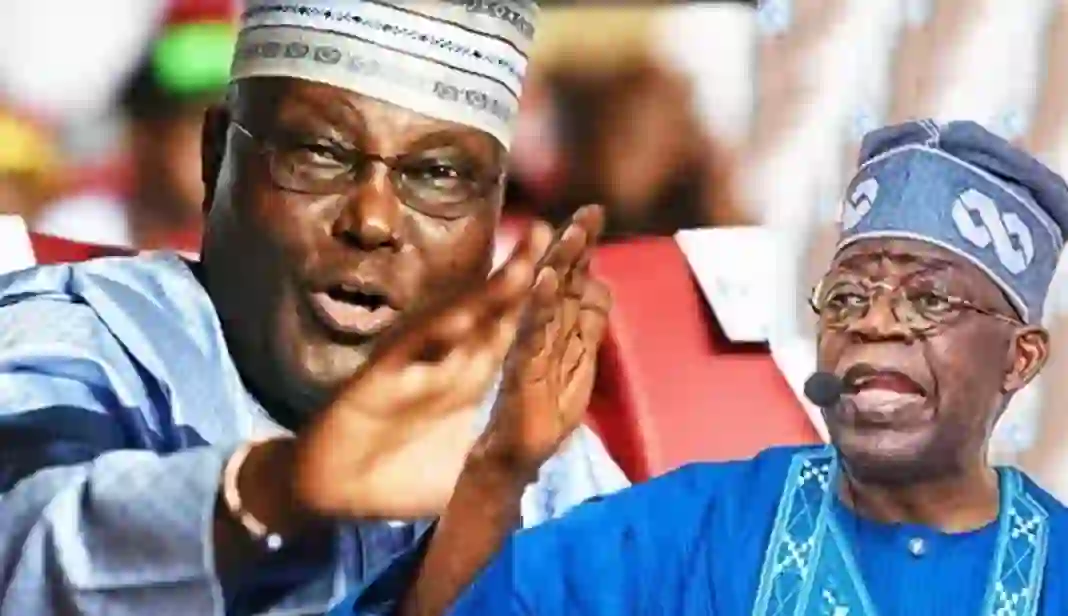Days after President Bola Ahmed Tinubu presented the 2025 Budget to the National Assembly, former Vice President, Atiku Abubakar, has openly criticised the Budget for lacking Structural Reforms and bereft of Fiscal Policies.
The 2023 Peoples Democratic Party, PDP, Presidential Candidate, queried the President Tinubu led All Progressives Congress, APC, government on its insatiable appetite for external borrowing.
This, Atiku says has a consistently increased public debt with budget deficits breaking existing records with each budget cycle.
Expressing his views in a tweet on his X (formerly Twitter) handle, Atiku titled it: “Assessment of the 2025 Federal Budget: Inadequate to Address Nigeria’s Structural Challenges. “
The former Head of Nigeria’s economic team from 1999-2007, when he was Vice President under President Olusegun Obasanjo, said, “The 2025 budget lacks the structural reforms and fiscal discipline required to address Nigeria’s multifaceted economic challenges.”
Before arriving at his conclusions, Atiku said, “The 2025 federal budget, amounting to N48 trillion with a revenue forecast of N35 trillion, resulting in a deficit exceeding N13 trillion or 4% of GDP, reflects a continuation of business-as-usual fiscal practices.
“This represents a persistent trend under the APC-led administration since 2016, wherein budget deficits have been consistently presented, accompanied by an increasing reliance on external borrowing.
“To bridge this fiscal gap, the administration plans to secure over N13 trillion in new borrowings, including N9 trillion in direct borrowings and N4 trillion in project-specific loans.
“This borrowing strategy mirrors the approach of previous administrations, resulting in rising public debt and exacerbating the attendant risks related to interest payments and foreign exchange exposure.
“The 2025 budget’s capacity to foster sustainable economic growth and tackle Nigeria’s deep-rooted challenges is questionable.
“Weak Budgetary Foundations: The 2024 budget’s underperformance signals poor budgetary execution.
“This imbalance will likely crowd out essential investments and perpetuate a cycle of increasing borrowing and debt accumulation, undermining fiscal stability.
“Unsustainable Government Expenditure: The government’s recurrent expenditure remains disproportionately high, with over N14 trillion (30% of the budget) allocated to operating an oversized bureaucracy and supporting inefficient public enterprises.
“The lack of concrete steps to curb wastage and enhance the efficiency of public spending exacerbates the fiscal challenges, leaving limited resources for development.
“Insufficient Capital Investment: After accounting for debt servicing and recurrent expenditure, the remaining allocation for capital spending, ranging from 25% to 34% of the total budget, is insufficient to address Nigeria’s infrastructure deficit and stimulate growth.
“This equates to an average capital allocation of approximately N80,000 (US$45) per capita, insufficient to meet the demands of a nation grappling with slow growth and infrastructural underdevelopment.
“Regressive Taxation and Economic Strain: The administration’s decision to increase the VAT rate from 7.5% to 10% is a retrogressive measure that will exacerbate the cost-of-living crisis and impede economic growth.
“By imposing additional tax burdens on an already struggling populace while failing to address governance inefficiencies, the government risks stifling domestic consumption and further deepening economic hardship.”
As a possible way out of the identified pitfalls, Atiku said, “To enhance the budget’s credibility, the administration must prioritize the reduction of inefficiencies in government operations, tackle contract inflation, and focus on long-term fiscal sustainability rather than perpetuating unsustainable borrowing and recurrent spending patterns.
“A shift towards a more disciplined and growth-oriented fiscal policy is essential for the nation’s economic recovery.”
“By Q3 of the fiscal year, less than 35% of the allocated capital expenditure for MDAs had been disbursed, despite claims of 85% budget execution.
“This underperformance in capital spending, crucial for fostering economic transformation, raises concerns about the execution of the 2025 budget.
“Disproportionate Debt Servicing: Debt servicing, which accounts for N15.8 trillion (33% of the total expenditure), is nearly equal to planned capital expenditure (N16 trillion, or 34%).
“Moreover, debt servicing surpasses spending on key priority sectors such as defence (N4.91 trillion), infrastructure (N4.06 trillion), education (N3.52 trillion), and health (N2.4 trillion).
Discover more from The Source
Subscribe to get the latest posts sent to your email.








